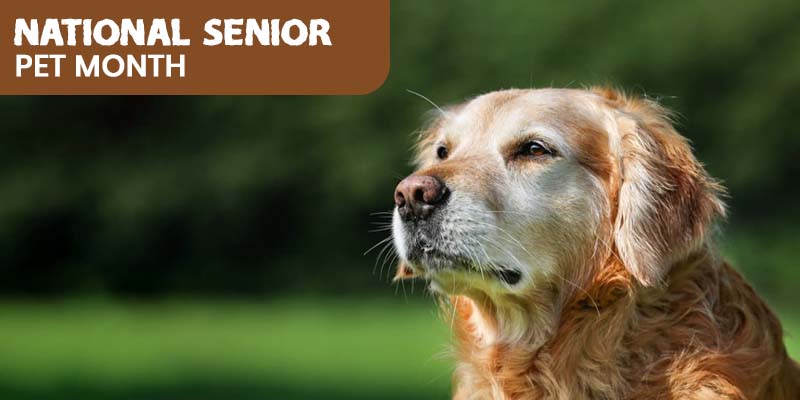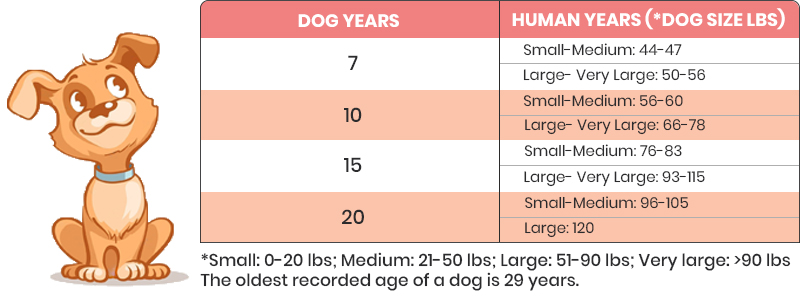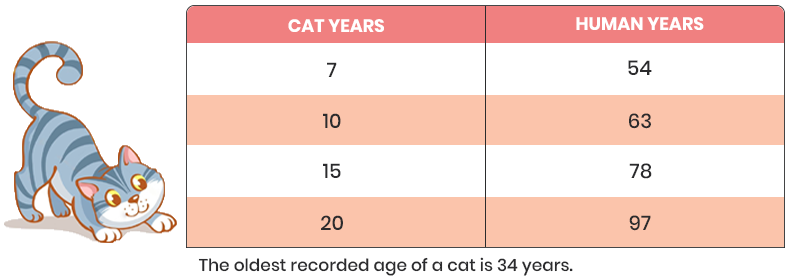What is National Senior Pet Month and Why is Celebrated?

While we go looking for a pet to adopt, many prefer puppies or kittens, but someone hardly considers the aging seniors. This is the time when we urge pet lovers to consider opening their homes to these sweet older pets. So, to remind everyone how lovable seniors are, this month of November is dedicated to these older pets.
Pet lovers who are the proud pet parents of senior pets celebrate this month to honor their pets. With advancements in science, pets are living a longer, healthier, and happier life. This also brings to us certain responsibility to take care of our senior pets, being aware of their aging would be a stepping stone. Let’s learn more about the Senior Pet Month and the changes that occur in our pets as they age. Later we’ve discussed the things that we as pet parents can do to make their life more comfortable.
What Happens During this Month?
This month was found to help and improve the living conditions of senior pets. It aims to bring awareness among people about the perception of senior pets. It highlights the benefits of taking in a senior pet and how to care for them.
How Old is Old in Pet Age?
Before adopting a senior pet or caring for our own pet, let’s learn about their aging. This varies but usually at the age of 7, cats and dogs are considered geriatric. To understand better, let’s compare the pet’s ages with human ages.
Dog Age Chart: Dog Years to Human Years

Cat Age Chart: Cat Years to Human Years

So, there you have it, a clearer picture of how fast your pet ages.
[Also Read] Tips for Adopting a Pet
Signs of Aging in your Pet
There is no particular age where you suddenly realize that your pet has grown old. You will start noticing some signs which will let you know that it’s time to take care of your pet.
Physical Signs:
- Graying eyes & muzzle
- Stiffness in movement
- Lack of stamina and endurance
- Overall decreased function of tissues
Cognitive Signs:
- Forgetfulness
- Irregular sleep cycles
- Increased anxiety, fear, and nervous behavior
- Increased aggression
- Disorientation
- Hearing loss
The gradual decline in physical and cognitive functions can be caused due to many other reasons, but are common in aging pets. You can care for them in many ways, make them feel better in your home, and be comfortable.
What Care Should be Taken of Senior Pets?
Balanced Diet
Diet plays a big role in maintaining your pet’s health. It’s what you intake that’ll affect your body, so changing their diet as they age is really important. Older pets are at great risk of developing obesity, so maintaining a healthy exercise regime and low-fat diet is essential to keep them fit. The change in diet can also cause a decrease in nutrient intake. To rectify this you can give your pet some supplements, these will ensure a good nutrient balance and help them to function better. These supplements are made to aid in better health and longevity of a happy life.
[Also Read] 11 Foods That Can Be Poisonous to Pets
Regular Exercise
Another part of the care regime is maintaining a regular exercise schedule. This will help your pet’s body to remain in the ideal weight bracket and have a beneficial impact on them. This will also build your pet’s stamina, keeping them active.
Timely Check-ups
Maintain regular check-ups and vaccination protection. Don’t forget to give them their regular preventives. As they age, they get more vulnerable to parasites and worm infections can prevail if you stop their treatments. Continue giving them their monthly flea & tick treatment like Frontline, Heartgard, NexGard, Bravecto, and many more.
The most important of all is giving them love. Caring and enough attention from their favorite human can go a long way in improving their health.
So this November,
Adopt a senior pet and give them a loving home or celebrate it with your pet at your own home. You can also donate some treats and toys or treatments for them at shelter homes. This will make them happier. So, break the cycle and share all your love and care for the seniors.

David joined CanadaVetCare in 2013 as a product analyst and veterinary assistant. Being a passionate pet lover and keen animal health researcher, David had always found ways and solutions to help pet parents to improve their pets’ health. He is always happy to answer pet health-related queries and recommending pet parents for the right pet product for their furry companions.

